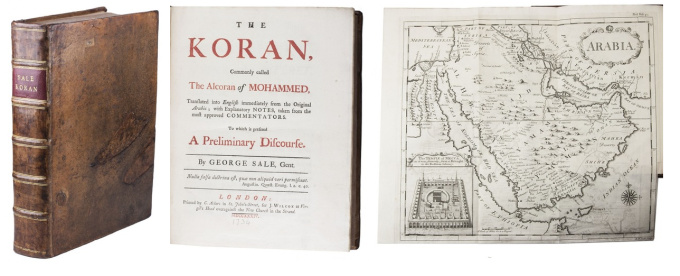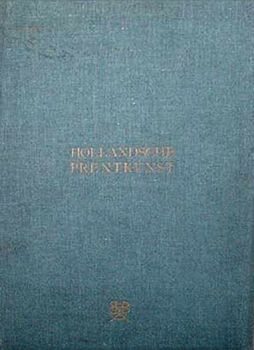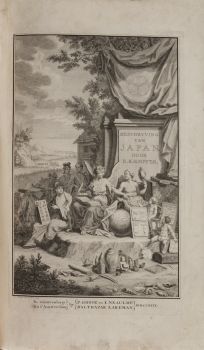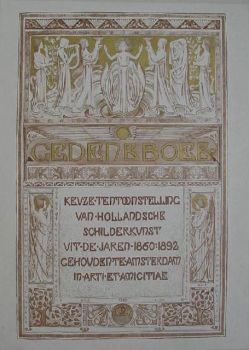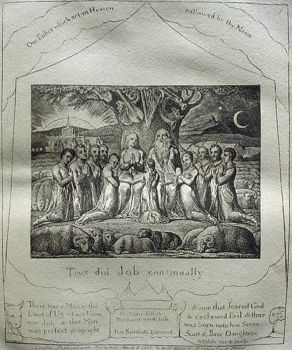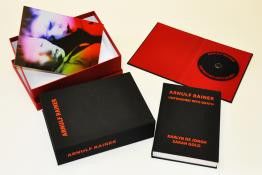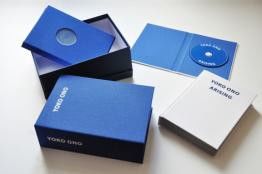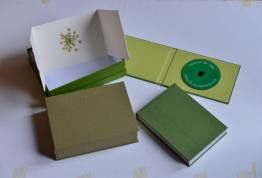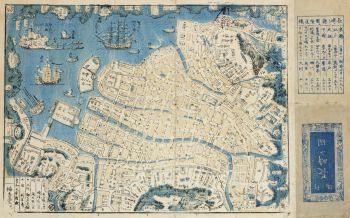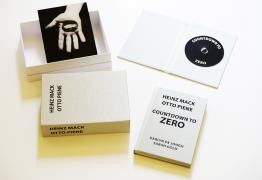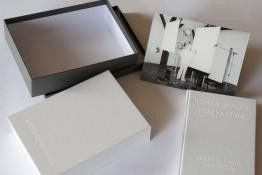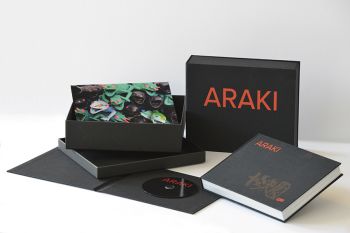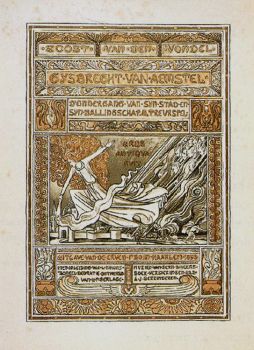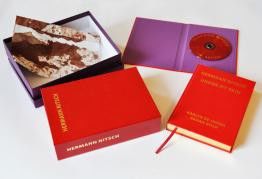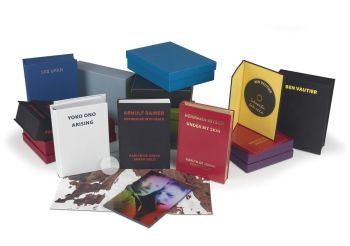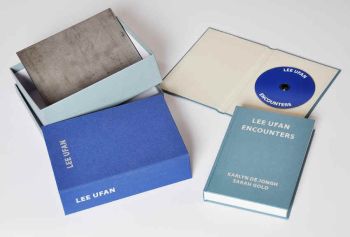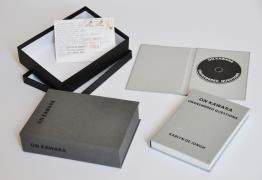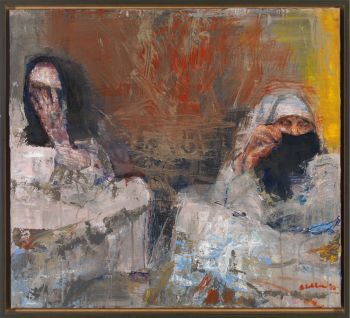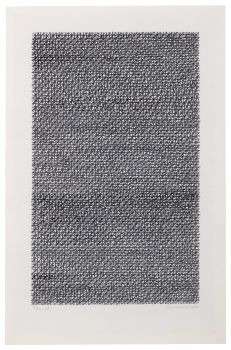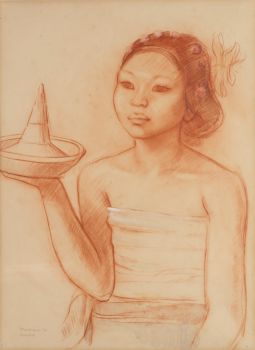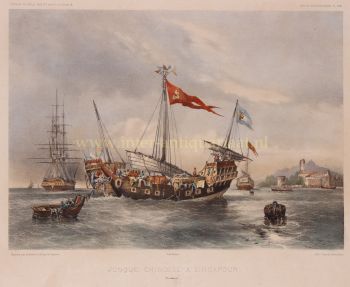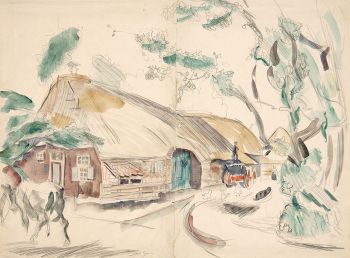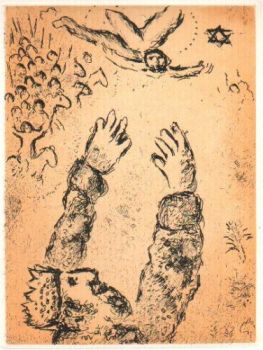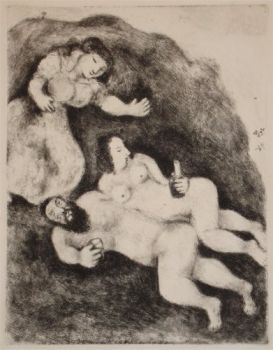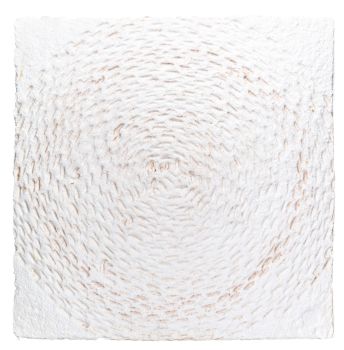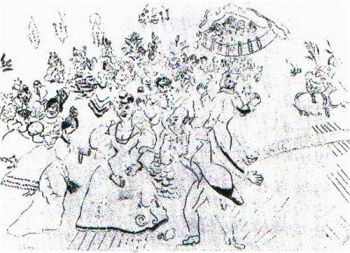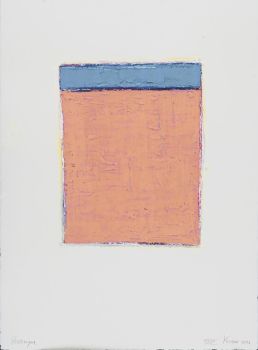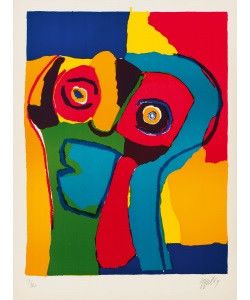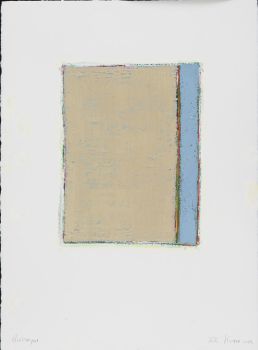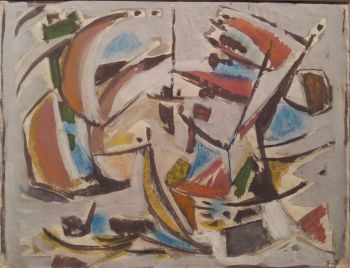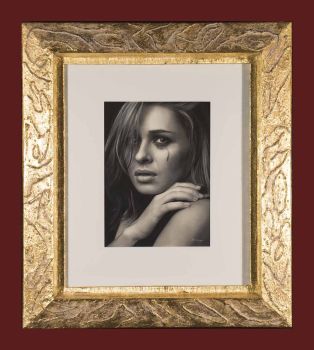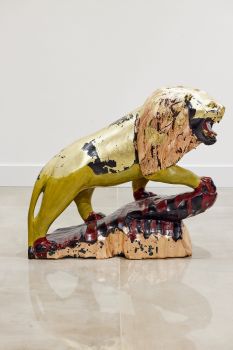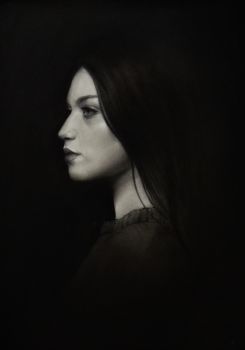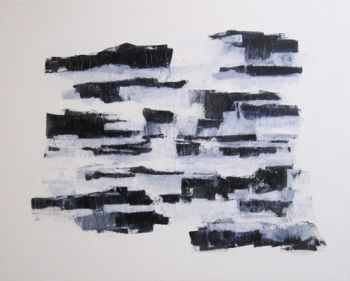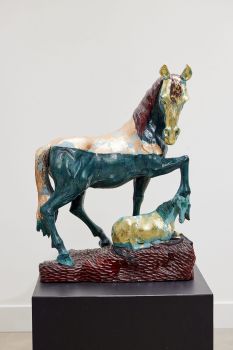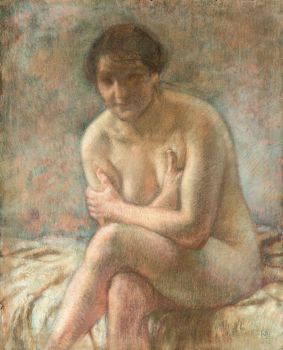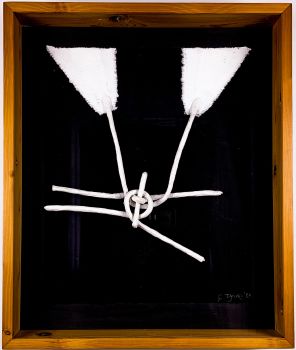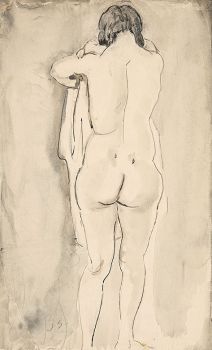The first English Quran to be translated directly from the Arabic, still highly regarded 1734
George Sale
TintaPapelCouro
ConditionExcellent
Atualmente indisponível via Gallerease
- Sobre arteThe Koran, commonly called the Alcoran of Mohammed, ...
London, Charles Ackers for John Wilcox, 1734. Large 4to (25.5 x 20.5 cm). With 5 engraved plates: a large folding map of the Arabian peninsula (with an inset view of the "Temple at Mecca"), a folding plan and view of the "Temple at Mecca", and 3 family trees (2 folding). Contemporary calf, gold-tooled board edges. Rebacked.
First edition of the first English Quran to be translated directly from the Arabic: a landmark not only in efforts to bring an accurate version of the Quran to the English-speaking world, but also in Western Quranic studies in general. It also includes Sale's 7-page note to the reader, with criticisms of earlier translations into English and other languages, his 187-page preliminary discourse bringing together a wealth of information about Islamic culture, and valuable scholarly footnotes, including material from the Islamic commentaries of al-Baydawi and al-Suyuti. Holt notes his "enlightened and objective attitude" in sharp contrast with most Western Arabists of his day or earlier: "His freedom from religious prejudice …, his obvious conviction that Arabic writers were the best source of Arab history, and Muslim commentators the fittest to expound the Quran, marks an enormous advance …". Sale's English translation remains highly regarded today.
In fine condition and only slightly trimmed. The binding is rebacked and has several restorations, but is otherwise good and remains structurally sound. A landmark edition of the Qur'an and the first good English translation.
Fück, Die Arabischen studien, p. 104; P.M. Holt, Studies in the history of the Near East (1973), pp. 57-60; Schnurrer, p. 429. - Sobre artistaGeorge Sale nasceu em Canterbury em 1697 e morreu na cidade de Westminster em 1736. Ele estudou na King's School em Canterbury e em 1720 tornou-se aluno do Templo Interior. Sabe-se que ele se formou como advogado nos primeiros anos, mas dedicou tempo ao estudo do Oriente e de outras línguas, antigas e modernas. Em 1734, Sale publicou a tradução do Alcorão, fornecendo inúmeras notas e um conhecimento profundo dos hábitos, costumes, tradições e leis orientais. A tradução de Sale do Alcorão foi reimpressa nos tempos modernos. Sale também foi corretor do Novo Testamento árabe (1726) publicado pela Society for Promoting Christian Knowledge. Ele adquiriu uma biblioteca com valiosos manuscritos raros de origens persa, turca e árabe (que agora está mantida na Biblioteca Bodleian, Oxford). Sale foi um dos primeiros membros da Sociedade para a Promoção do Conhecimento Cristão. Ele morreu em Surrey Street, The Strand, em 13 de novembro de 1736. Sale foi enterrado em St. Clement Danes.
Artwork details
Categoria
Assuntos]
Material e Técnica
Related artworks
Engelbert Kaempfer
LIVRO ENGELBERT KAEMPFER1651 - 1716
Preço em pedidoZebregs & Röell - Fine Art - Antiques
Yoko Ono
YOKO ONO: "ARISING" SIGNED BOOK PLUS SMALL ARTWORK 2010 - 2014
Preço em pedidoGallerease Selected
Engelbert Kaempfer
LIVRO ENGELBERT KAEMPFER1651 - 1716
Preço em pedidoZebregs & Röell - Fine Art - Antiques
1 - 4 / 20- 1 - 3 / 3
- 1 - 4 / 24

